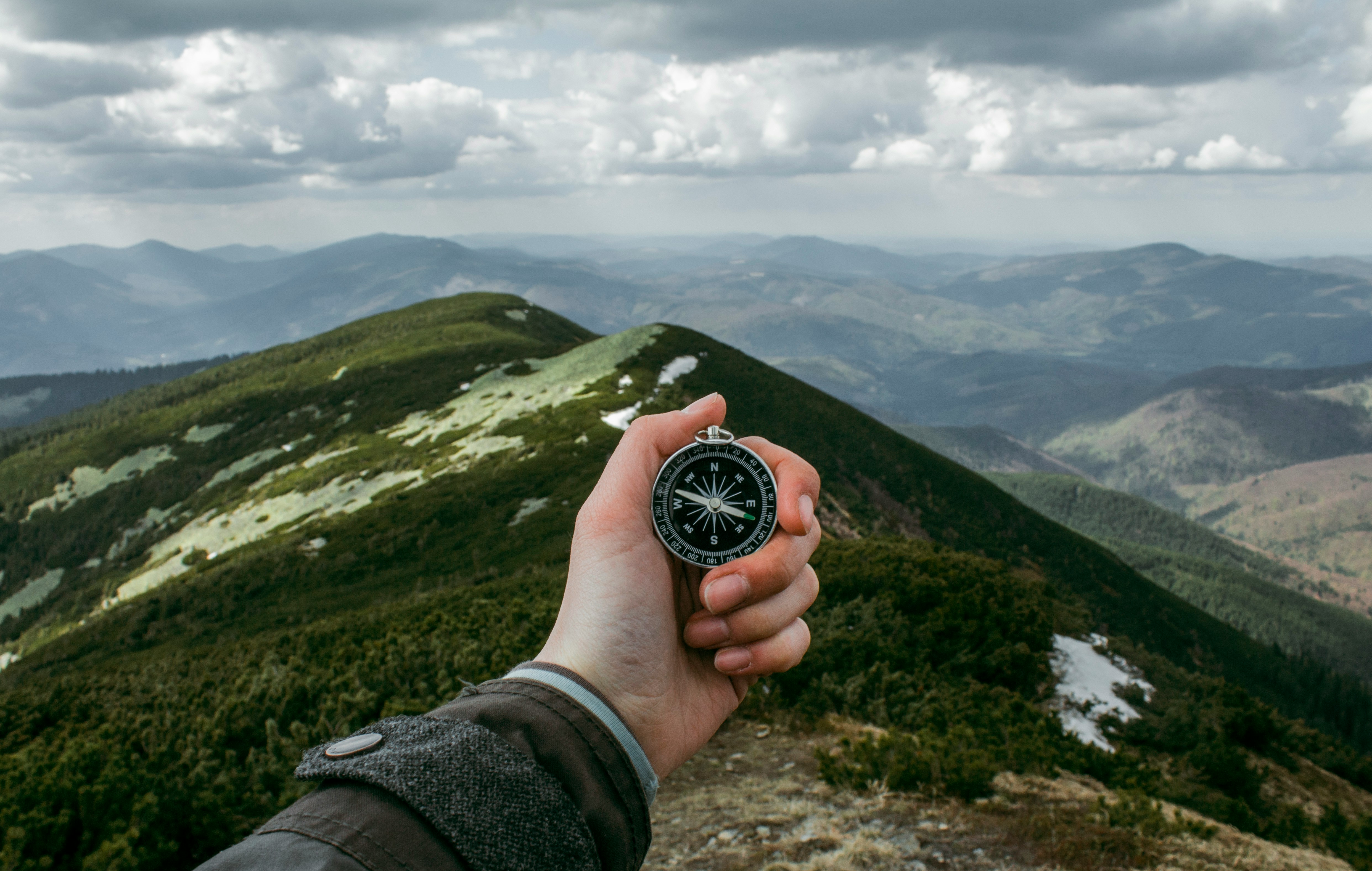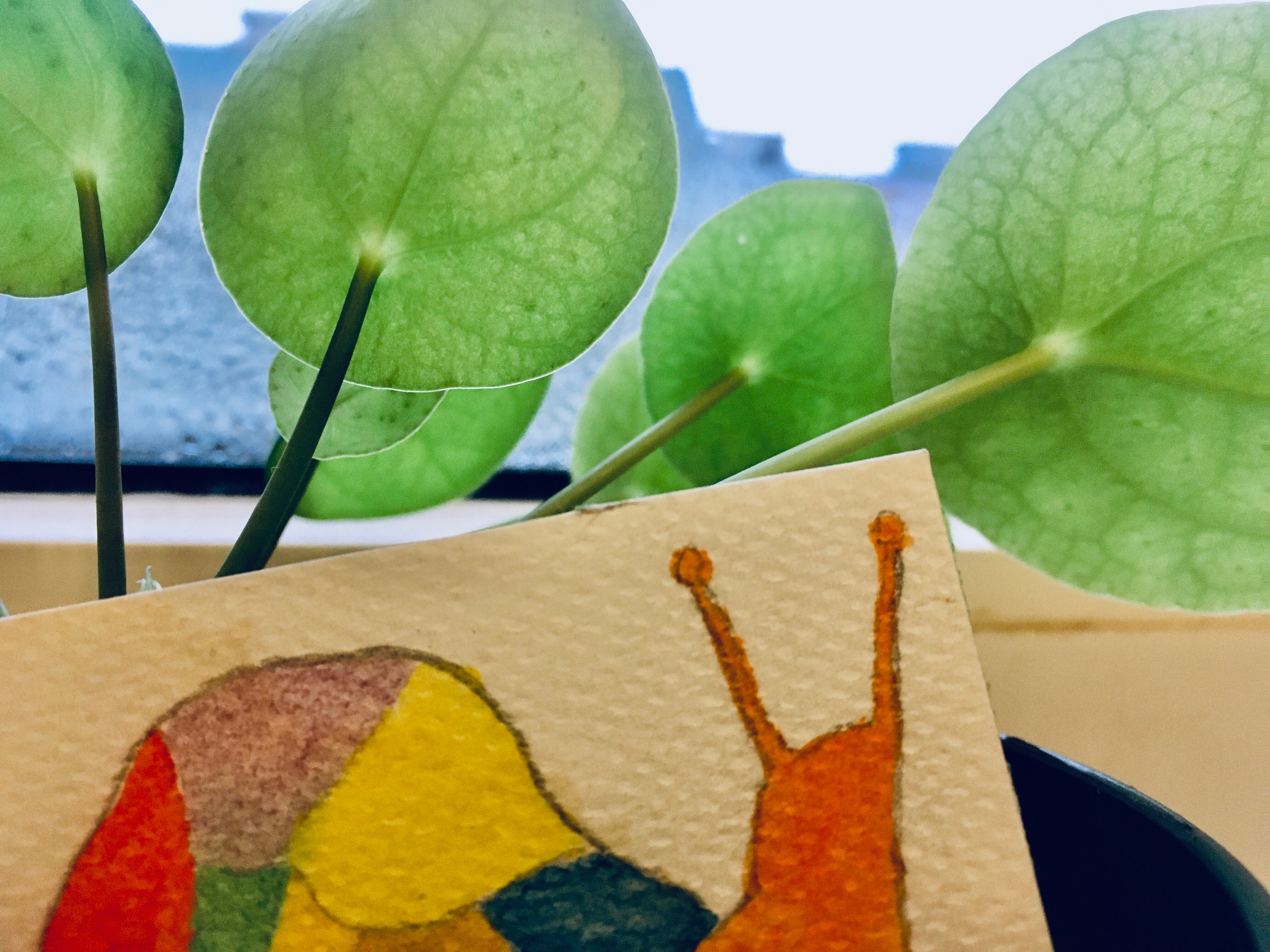The 10th International Degrowth Conference took place in the city of Pontevedra from 18 – 21 June 2024, and discussions about the need for strategic changes to mobilise socio-ecological transformations were a key theme.
Vlad Bunea, essayist, author, and economist based in Toronto, and Félix Garnier, ecological economist and PhD student in the University of Bordeaux in France, have shared a relevant open letter to the degrowth movement. They emphasise the need to create space for the unseen individuals who struggle on the ground, who should be recognised and valued in order to build a truly egalitarian movement. They highlight the importance of challenging the division between those who hold a more recognised and respected status, due to professional seniority or popularity, and those who do not.
As a contribution to the open letter’s proposals and as a guide to co-design transformative learning spaces for degrowth, I would like to present the outcomes from a workshop organised by myself and Tomke Seidenzahl in the context of the Transformative Learning Circle (TLC) of the International Degrowth Network (IDN) during the International Degrowth Conference in Pontevedra. The IDN brings together individuals, organisations, and degrowth allies to collaborate and co-create alternative pathways toward an equitable and sustainable future. Within the IDN, but also addressed to the larger degrowth movement, the TLC’s activities support the adoption of a transformative learning mindset and set of practices. Hence, our participatory workshop included reflections on how degrowth conferences are organised, structured, and realised, leading to proposals on how to enhance the transformative nature of these learning spaces for all participants on both personal and collective levels.
Below, I present these proposals, taking into account additional informal discussions with participants of the conference who did not attend the workshop.
Improving inclusivity and accessibility refers to the diverse ways of including and representing people from different backgrounds, especially highlighting the working-class perspective. Practically, this can include a more inclusive fee system (e.g., more affordable fees for students and unemployed people) and providing visa support if needed. Additionally, more sessions can be livestreamed with a system of engagement for online participants, and recorded sessions can be shared with the general public online.
What will be particularly important is to directly involve unions and Global South communities in the organisation and co-creation of these learning spaces to ensure their needs are actively considered throughout future conferences, facilitating their meaningful participation and engagement. Conference organisers and presenters should encourage links and interactions between the worlds of academia and non-academia when developing conference programmes. Furthermore, conference programmes could include activities that invite participants to reflect on positionality, power and privilege.
Attendees could also be encouraged to go through suggested content such as books, movies, and podcasts, to become more familiar with degrowth and avoid misrepresentation of degrowth. They could also be encouraged to follow guidelines for respectful and mindful interactions, which could be agreed upon and shared in advance. I remember, for example, at one point during the conference in Pontevedra, a participant raised a concern about using silent hand signals instead of clapping, to be considerate of people who may be sensitive to noise.
Even the specific use of language can be a political act. We should use simple words, avoid jargon, and include discussions with more student-level academic work. We may have a conference dictionary depending on the content and focus of the conference, and guidelines and instructions about the conference can be provided in various formats (e.g., podcast, video).
Care-full organisation, communication, and interactions involve being conscious and aware of the people doing support and care work (preparing food, cleaning, security, tech, etc.) at conferences and beyond (e.g., caregivers taking care of participants' children). Whenever possible, organisers, speakers and participants could be mindful and invite them to join the conference sessions. For example, speakers should take responsibility for knowing and following important practical instructions about their presentations so that volunteers do not need to repeat them, freeing up time for them to join more sessions.
Additionally, conferences should provide childcare/entertainment spaces for children, consider approaches and elements that facilitate mobility and interactions for people with (dis)abilities, and offer care sessions for those needing emotional support. Furthermore, all participants, including speakers and organisers, could engage in collective care work such as cleaning and cooking. For example, it is one thing to order local vegan food, but it’s another to prepare the food together while discussing the structural dimensions of the food system as a whole.
Of course, conferences are typically spaces of intense learning, knowledge exchange, and professional networking. However, degrowth learning spaces could be different. For instance, having a dedicated relaxing arrival day and providing quiet rooms for working or finishing presentations may on the one hand slow down and on the other hand enhance the experience. It is also important to reduce pressure by ending sessions earlier and/or having fewer sessions, allowing participants a better choice in attendance. Instead, more time could be allocated for social interactions. These sessions might take longer, slowing the intensity of knowledge sharing, while focusing on building connections and relationships among participants through more engaging and interactive methods.
On a more logistical level, we could use creativity to address management issues, especially regarding catering for large groups. It is important to be mindful of potential transportation issues and long queues due to the high number of participants. It might be even beneficial to scale down degrowth conferences by clustering related sessions, merging sessions, or encouraging presenters to collaborate in advance. Alternatively, organising smaller, more localised conferences could also be a practical solution.
We should balance the transfer of established knowledge with the co-creation of new knowledge through more relational, reflective, and creative approaches. Typical academic sessions with panel discussions and paper presentations could be complemented with diverse approaches. Moreover, participants themselves could be invited to contribute to the programme by creating less structured activities. Also, some of the proposed programme activities could be designed to push people out of their comfort zones. In general, there could be more participatory and interactive practices integrated into both sessions and breaks.
Here are some concrete ideas. Pop-up learning circles could be used to share real experiences and connect theory with practice. Even lunch spaces could be used for discussions on thematic topics of interest. Outdoor (public) spaces could be used more often for increasing socio-spatial dynamics and attracting public interest. The conference programme could include time for practical activities such as collaborative projects, gifting sessions, drawing, singing, or gardening. Locals could be invited to co-create city quests to enhance engagement and exploration!
Furthermore, the conference programme could be developed in a more strategic way leading to the co-creation of actionable plans and strategies for degrowth, with each day building on the previous one. Participants, including organisers, volunteers, speakers, and everyone interacting with the conference’s activities could be invited to reflect on their key takeaways from the conference, and think about individual and collective actions to be implemented at both micro and macro levels. Setting up a social media group or organising online preparatory activities can facilitate interactions, build connections before the conference begins, and maintain them after the conference. This could be a simple tool for organising around degrowth and realising actions.
Hopefully, these suggestions will serve as inspiration for degrowth conference organisers or anyone involved in creating transformative learning spaces. From my personal experience, I know that some of these proposals have already been considered and applied in the context of degrowth or similar conferences and educational spaces. As part of the Transformative Learning Circle activities, we have already shared some of these proposals with the organisers of the upcoming ESEE-Degrowth conference in Oslo, Norway, to further support and enhance the transformative experience.
The goal of building such spaces is to bridge the gaps across academia, activism, policymaking, and everyday local, global and translocal experiences. This is connected with fostering caring relationships and empathy among participants (I am referring to anyone directly or indirectly engaging with the conference) and within the broader degrowth movement. Conferences provide a significant opportunity for networking, relationships and alliance-building. Therefore, we should prioritise and encourage meaningful and respectful interactions in different spaces among actors with diverse backgrounds, life stories, and expertise. Each of us and in relation to each other, depending on our position, can act as a bridge between different actors and institutions, strengthen the international degrowth movement, and mobilise change.
Nevertheless, it must be recognised that the struggle to confront hierarchies related to racism and privilege within the degrowth movement is an ongoing and challenging process. A process that, first and foremost, should consider the needs and perspectives of those who historically and systematically experience racism and disempowering power dynamics that take multiple forms. What have been described so far as transformative learning spaces for degrowth might not be sufficient on their own to push towards this direction. Yet, transformative learning spaces for degrowth could serve as a more welcoming and open medium for discussing, reflecting, and strategising ways to address racism and privilege within the degrowth movement. A great example is one spontaneous discussion group that emerged and organised during the conference in Pontevedra in relation to anti-imperialism and delinking the Global North and Global South.
And while not everything can change within the few days of a conference, more processes on the ground may be mobilised and strengthened beyond the conference’s lifetime. This, in itself, is an indicator of a conference's potential transformative impact worth aiming for. This is where I personally see the IDN contributing as an important mediator through the organisation of the International Degrowth Assembly and the IDN's ongoing processes and activities within and beyond its various Circles (working groups). All of them, in this sense, should represent and act as diverse transformative learning spaces for degrowth.
Many thanks to degrowth.info for their valuable comments, suggestions, and edits, to my co-facilitator Tomke and to the workshop participants in Pontevedra and other spontaneous contributors who inspired this piece.

Contributing to strategy debates on degrowth.info, Vlad Bunea outlines a vision for degrowth-aligned political parties.

Oliver Lewis argues that the degrowth movement must not shy away from engaging with its critics

Pauslon explores her own engagement with the topic of strategy, and how her reflections on the topic changed through various engagements over the last years. In this open and honest sharing, Paulson acknowledges her blindspots but also illuminates new insights for fellow degrowthers.